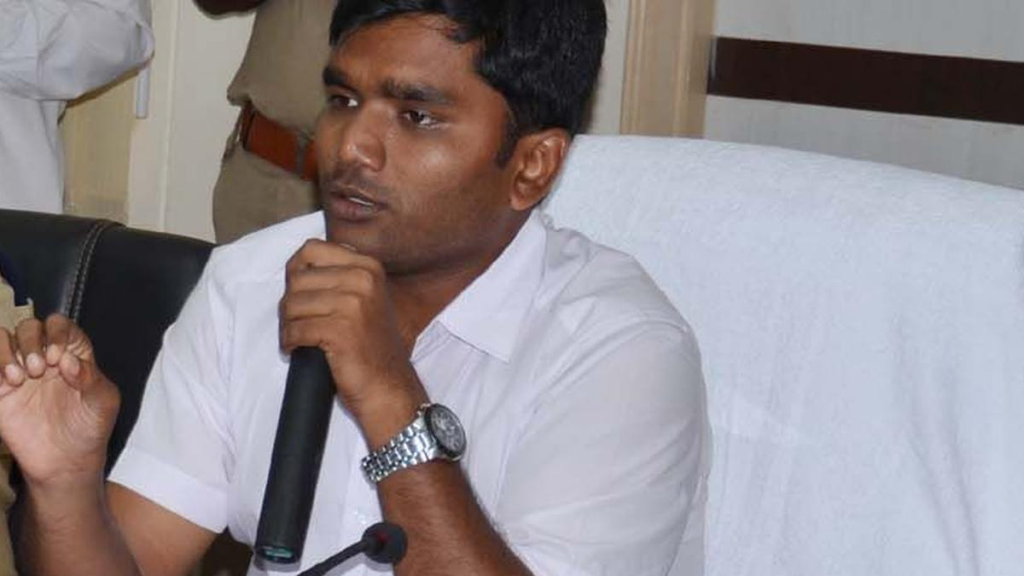Mental health concerns among students have taken centre stage as the Andhra Pradesh Collegiate Education Department steps up to support a national initiative aimed at preventing suicides in educational institutions. In a move directed by the Supreme Court, the state has appointed Narayana Bharath Gupta, Director of Collegiate Education, as the Nodal Officer to coordinate with the newly formed National Task Force.
This national effort, led by the Union Ministry of Education, brings together experts from across disciplines to tackle one of the most urgent issues facing India’s youth—student mental health. With suicides and psychological distress on the rise across campuses, the move marks a turning point in how the country approaches student well-being.
A National Task Force With a Clear Mandate
The Centre’s National Task Force, chaired by former Supreme Court Judge Justice S. Ravindra Bhat, has been constituted to examine the mental health landscape in schools, colleges, and universities. It will propose concrete strategies to reduce the emotional and psychological strain students face, which has led to a worrying rise in suicides over the years.
The task force is expected to submit an interim report within four months and a final report in eight months. It will study current practices, identify the causes behind student distress, and recommend systemic changes for institutions across India.
Andhra Pradesh Steps In
As the State Nodal Officer, Narayana Bharath Gupta will be the key figure responsible for ensuring Andhra Pradesh’s alignment with the national agenda. His role includes gathering insights from the ground, identifying institutional gaps, and ensuring that the task force’s recommendations are understood and implemented across the state’s colleges and universities.
The appointment was formalised through a Government Order (G.O.) and is part of a coordinated push to bring real, lasting change to student support systems.

The Supreme Court’s Push for Change
The initiative stems from a Supreme Court directive that recognised student suicides as a public health emergency requiring immediate policy attention. The court emphasised that educational institutions are responsible not just for academic performance, but also for the mental and emotional well-being of their students.
This judicial intervention comes at a time when student suicide rates, stress-related illnesses, and academic burnout are becoming alarmingly common in both urban and rural institutions.
From Reactive to Preventive Care
This task force is expected to move the conversation from crisis management to long-term mental health care. Likely recommendations include training faculty to recognise signs of mental distress, installing professional counsellors in institutions, establishing anonymous student helplines, and creating awareness programmes for students and staff alike.
The emphasis will be on building a preventive ecosystem—one where students are supported early and consistently, not just in moments of crisis.
Andhra Pradesh’s Responsibility and Opportunity
For Andhra Pradesh, this is both a responsibility and an opportunity. Under Gupta’s coordination, the state’s education department can now evaluate its existing mental health policies, collaborate with students and institutions, and become a model for other regions.
Colleges may soon be required to implement mandatory mental health sessions, improve peer support networks, and set up grievance redressal cells that take emotional health as seriously as academics.
Looking Ahead
With the groundwork being laid for a national framework, Andhra Pradesh’s proactive participation sends a clear message: student success is not only about grades and placements but about ensuring mental and emotional stability too.
This shift towards mental health as a core aspect of education marks a much-needed cultural change. As the task force begins its work, the hope is that institutions will evolve into not just centres of learning, but also safe spaces where every student feels seen, supported, and heard.
ALSO READ
Student Visa Barriers Make Indian Students Rethink Study Abroad Plans
Grant Medical College Mumbai: Maharashtra’s First and Premier Medical Institution